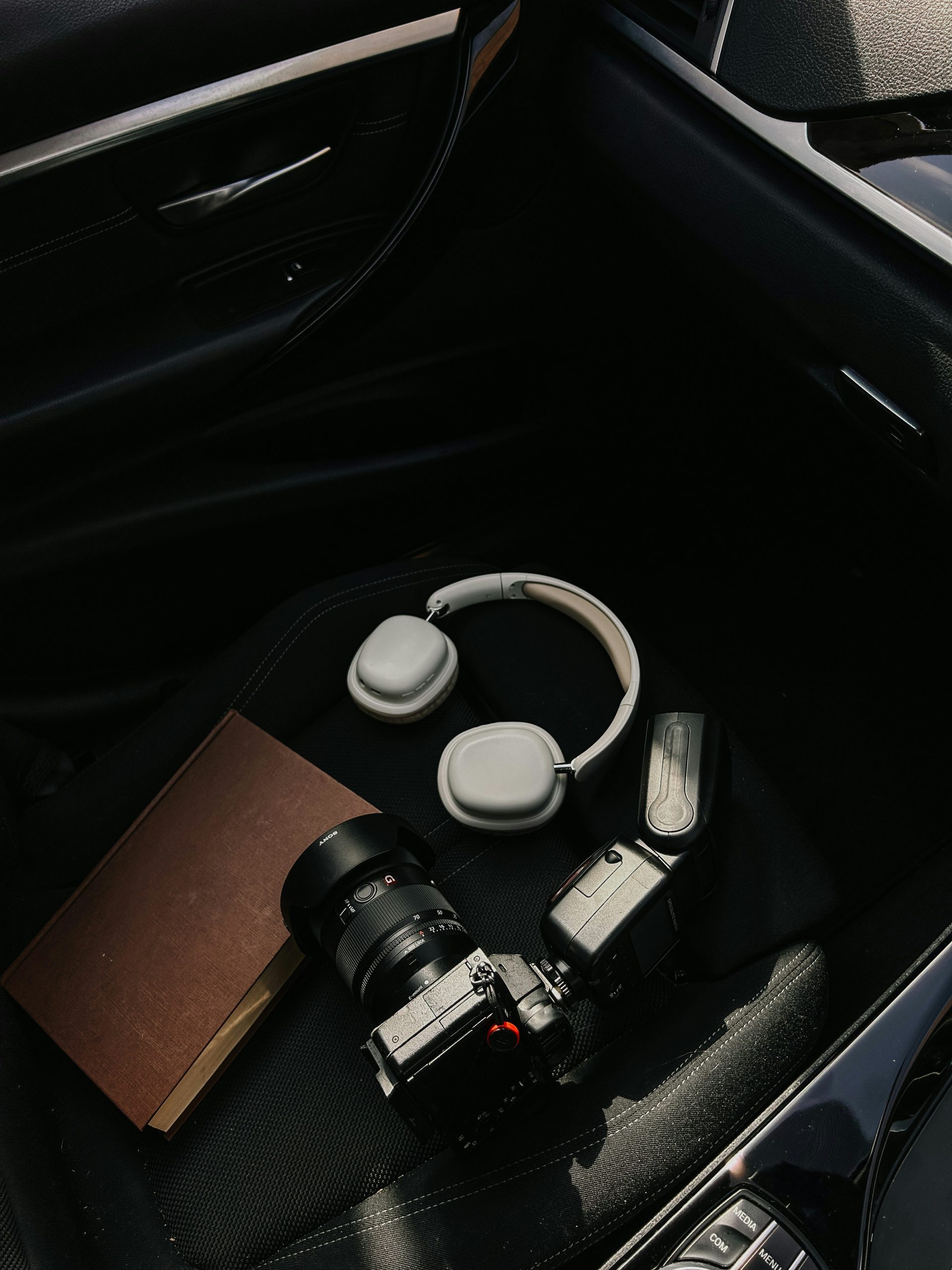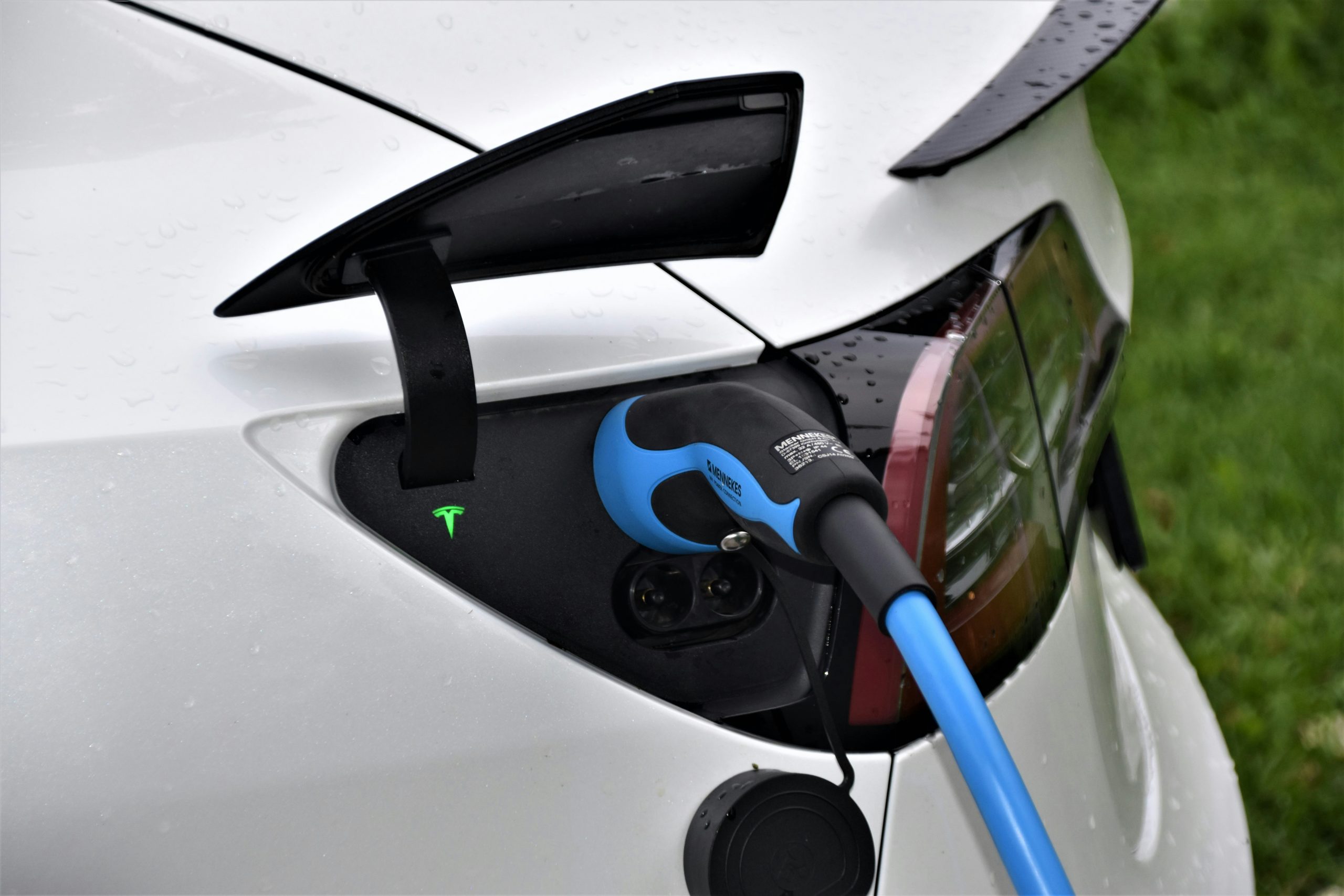Buying your first car is an exciting milestone—but it can also be overwhelming. With a vast range of choices, technical jargon, and financial considerations, it’s easy to fall into costly traps. Whether you’re buying new or used, here are key tips to help first-time car buyers avoid common pitfalls and make a smart, long-term investment.
1. Know Your Real Needs
Before visiting a dealership or scrolling through listings, take time to assess your actual driving habits. Do you commute daily in city traffic? Drive long distances on highways? Need space for a family or outdoor gear? Many first-time buyers overspend on features or size they don’t need, or underestimate their lifestyle demands. Choosing a car that fits your day-to-day routine—not just your dream image—will save money and frustration.
2. Set a Realistic Budget
Don’t just look at the car’s purchase price—factor in insurance, fuel, maintenance, parking, and taxes. It’s tempting to stretch your budget for a flashier model, but this can lead to long-term financial strain. A smart rule of thumb: total monthly car expenses should not exceed 15% of your income.
3. Avoid Impulse Decisions
Buying a car should never be rushed. Take your time to compare models, research reliability ratings, read user reviews, and check service costs. Test drive more than one option. Sales pressure and short-term promotions can lead to hasty decisions you may regret. A thoughtful, informed process will always pay off.
4. Don’t Ignore Used Car Inspections
Used cars can offer great value—but they also carry risk. Always ask for a full maintenance history, check for accident records, and, most importantly, have the car inspected by a qualified mechanic before finalizing the deal. A small upfront inspection fee can save thousands in hidden repairs.
5. Understand Financing and Contracts
If you’re financing your car, understand the full terms—not just the monthly payment. Check the interest rate, loan duration, and total repayment amount. Read all paperwork carefully, including warranty and return policies. Avoid unnecessary extras bundled into the deal, like overpriced protection packages.
Conclusion
Buying your first car is not just about picking a vehicle—it’s about making a thoughtful, informed decision that fits your needs, your budget, and your future. By staying realistic, doing proper research, and asking the right questions, you can steer clear of common traps and start your driving journey with confidence and peace of mind.
This Article Was Generated By AI.











